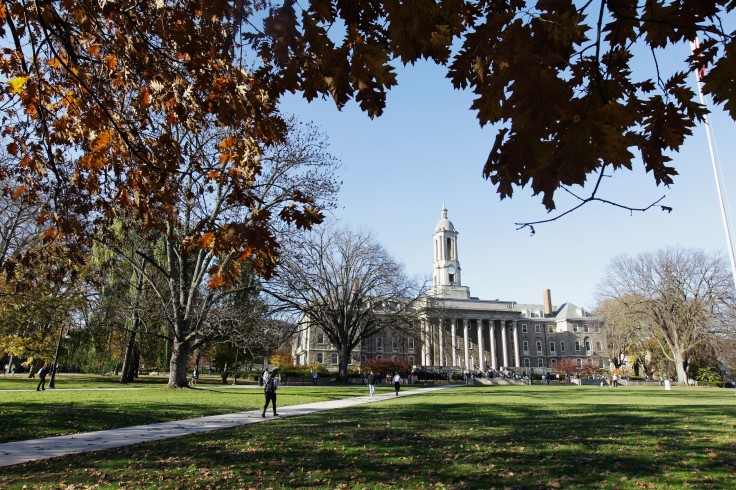
STATE COLLEGE, Pa. — Penn State University has proposed closing seven of its 20 Commonwealth Campuses as part of a strategic restructuring to address declining enrollment and financial challenges, according to a preliminary recommendation released Tuesday. The plan, presented by President Neeli Bendapudi to the Board of Trustees, targets the campuses at DuBois, Fayette, Mont Alto, New Kensington, Shenango, Wilkes-Barre, and York for closure by the end of the 2026-27 academic year.
"I believe the recommendation balances our need to adapt to the changing needs of Pennsylvania with compassion for those these decisions affect, both within Penn State and across the commonwealth, in part because of the two-year period before any campus would close," Bendapudi said in a statement.
The recommendation follows years of data collection, analysis, and engagement with faculty, students, staff, local employers, policymakers, and community members surrounding the Commonwealth Campuses. Penn State cited declining enrollment, financial constraints, low student housing occupancy, and a significant maintenance backlog as key factors driving the decision. The university emphasized that no campuses will close before the end of the 2026-27 academic year, allowing time for students to complete their degrees and for faculty and staff to transition.
The proposed closures have sparked significant pushback from faculty, students, and local leaders. The Penn State Faculty Senate passed a resolution last month opposing the closures, arguing they could limit educational access for students unable to attend the main campus at University Park. Faculty members also expressed concerns about the impact on diversity, noting that Commonwealth Campuses enroll a higher percentage of racially diverse students, Pennsylvania residents, and first-generation college students compared to University Park.
The president of the Penn State chapter of the American Association of University Professors warned that closing campuses could "roll back recent improvements in serving students from underrepresented backgrounds — Black/African American, Hispanic/Latino, American Indian/Native Alaskan, or Native Hawaiian/Pacific Islander." The administration had previously credited these diversity gains to the accessible and flexible Commonwealth Campus model.
To mitigate the impact, Penn State pledged to support students and staff during the transition. The university will admit applicants and transfers at all campuses for the fall 2025 semester but will not accept new students at the closing campuses beyond that term. Current students will have the opportunity to complete their degrees, and the university will offer priority hiring consideration for faculty applying to open positions at other campuses. For tenure-line faculty at closing campuses, Penn State will provide need-driven reassignments to remaining campuses, including University Park.
Local lawmakers have also voiced opposition, calling for greater transparency and accountability. Sen. Lisa Baker and Rep. Brenda Pugh, representing areas near the Wilkes-Barre campus, are advocating for public hearings before any closures and have proposed a bill to mandate such hearings for state-related university closures. They are also exploring a State Facility Closure Transition Program to support affected communities. "Our Commonwealth Campuses play an essential role in expanding educational opportunity in rural and underserved areas," Pugh said.
The recommendation is not final and awaits a vote by the Penn State Board of Trustees. A previously scheduled public meeting on May 15 was changed to an executive session, prompting criticism over transparency. The board will discuss the proposal privately this week, with a public meeting to be scheduled later. Penn State has not yet initiated the formal process required by the Pennsylvania Department of Education for campus closures, which includes a detailed evaluation and approval by the Secretary of Education.
Community members and stakeholders can access additional information about the recommendation at roadmap.psu.edu. The debate over the closures underscores broader challenges facing higher education in Pennsylvania, including shifting demographics, funding shortages, and the evolving role of branch campuses in serving local communities.
© 2026 University Herald, All rights reserved. Do not reproduce without permission.








